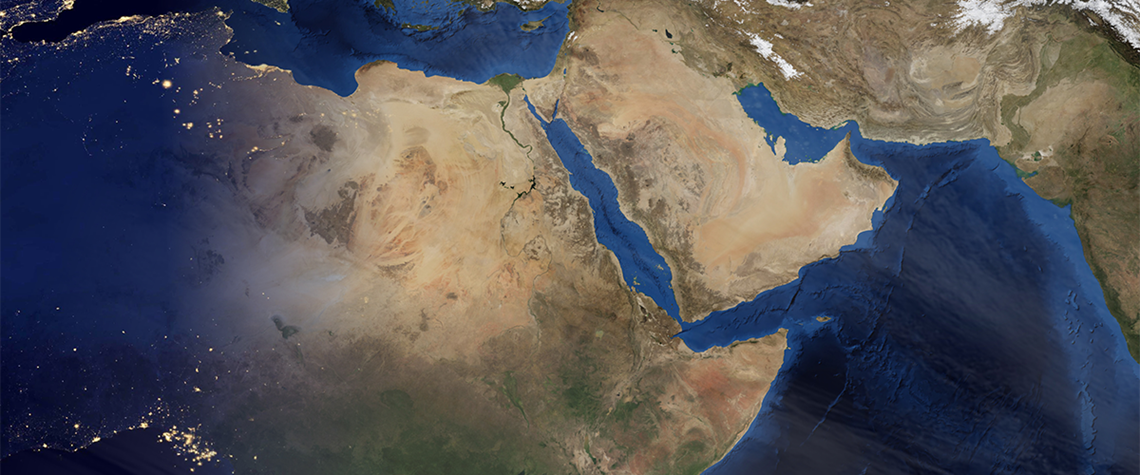Shifting sands alter balance of power in Middle East
The region’s political situation and internal relationships are changing amid the growing influence of Russia and China
The Middle East can be divided into three categories of regional alliances: allies of Iran, allies of Saudi Arabia, and allies of Turkey. The allies of Iran consist of the Assad regime in Syria, Iraq’s federal government, Hamas and Islamic Jihad in Gaza, the Houthi rebels in Yemen and Hezbollah and the Amal Movement in Lebanon. All of these groups have been embroiled in internal crises, including territorial disintegration and political upheavals, as a result of regional competition. The allies of Saudi Arabia include the countries of the Gulf Cooperation Council (GCC)—excluding Qatar—as well as Egypt, Sudan and, to some extent, Jordan. Saudi Arabia also wields significant influence over Sun

Also in this section
24 October 2024
Producers in the region see significant gains to be made by boosting output using the infrastructure already in place
23 October 2024
Markets have seen no material disruption from the war so far, but as the fighting goes on it is a matter of when, not if
23 October 2024
Majors in the region are pushing boundaries and could see significant upside, but longer-term risks remain
22 October 2024
Angola is unlikely to meet the official timeline for an IPO of state-owned oil giant Sonangol in 2026







